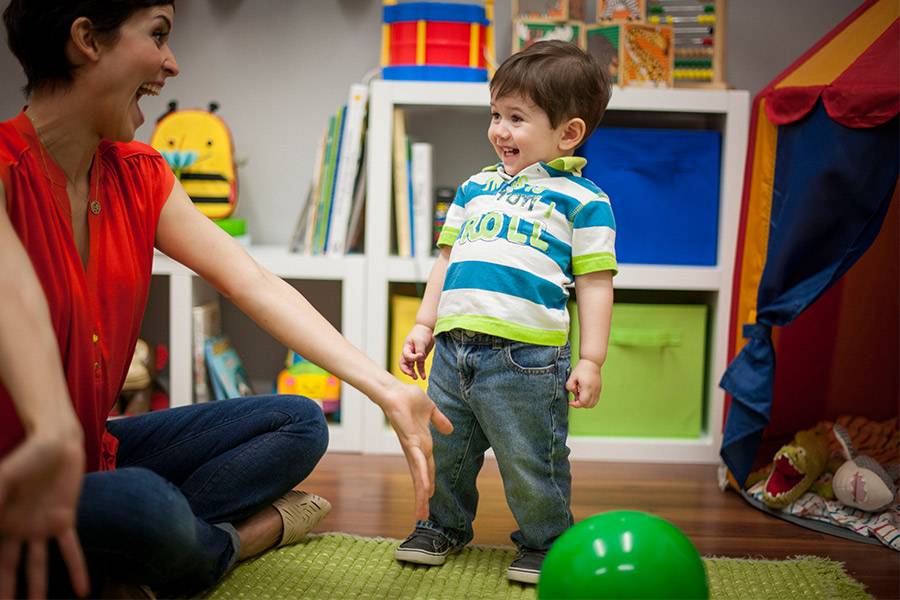Key points:
- Happiness can be defined in three ways: emotional, moral, and judgmental.
- Relationships with other people, particularly friendships, are a big predictor of a good life and happiness.
- Other behaviors that predict happiness include doing altruistic acts, cultivating gratitude, sharing new experiences with loved ones, and being able to forgive.
- Social skills, particularly emotional regulation and empathy, promote social competency, lasting friendships, and a better chance at happiness.
When people are asked what their ultimate goal in life is, they often reply: “to be happy”. So it’s a no-brainer why parents often say that their main goal is to raise a happy child.
What exactly does it mean to be happy?
Is happiness an emotion, a positive subjective state, or a state of being? The answer is not as easy as it seems. Many parents and scientists alike have tried to get the answer right. One scientist who has spent years studying the notion of happiness is Daniel Gilbert, from Harvard University, and he proposes three definitions of happiness: emotional, moral, and judgmental.
- Emotional happiness is a feeling related to an experience. For example, when your child is excited by a movie, a trip to an amusement park, or even delighted by a cookie.
- Moral happiness is more related to virtue and philosophical views. It means that when your child lives a good and proper life full of moral meaning, then they feel deeply satisfied and content. Dan Gilbert uses the Greek word eudaimonia to exemplify it and it translates to “good spirit […] human flourishing [and] life well lived”.
- Judgmental happiness is making a judgment about the source of potentially pleasurable feelings –in the past, present, or future. This type of happiness is usually followed by words such as “about”, “for”, and “that”. For example, your child might be excited about getting a dog or might be happy that they’re going to the park.
Knowing this information clarifies what happiness means, but the question remains: what makes people happy? And is there a formula we can follow?
How to achieve happiness
In an interview for the Atlantic, psychologist George Vaillant said that, after his years of research, he discovered what constitutes a “good life”: relationships with other people. Friendships, he concluded, are a big predictor of living a good life; bigger than other variables such as money. The more intimate the relationship, the better.
In his book Brain Rules for Baby, Dr. John Medina states that, in addition to satisfying relationships, other behaviors that predict happiness include: doing altruistic acts, making gratitude lists, cultivating an attitude of gratitude, sharing new experiences with loved ones, and being able to forgive.
Also, he mentions that it turns out money doesn’t play a big role in happiness. As he cited in his book “People who make more than $5 million a year are not noticeably happier than those who make $100,000 a year, The Journal of Happiness Studies found. Money increases happiness only when it lifts people out of poverty to about the mid-five figures. Past $50,000 per year in income, wealth and happiness part ways”.
Raise happy children!
These findings will hopefully alleviate parents’ concerns about forcing their children into certain career paths, in hopes for them to live the “good life” in the future. Parents can just try to guide them to choose a career they love, but where they can at least make mid-five figures. They don’t have to be millionaires to be thrilled and happy about life. After their basic needs are met, they just need a good safety blanket –that is, being surrounded by good friends and family!
One thing is for certain though, if you want your child to be happy, you should try to promote their social skills to learn to socialize effectively. This means, teaching your little one how to make friends by being kind and attentive, and then teaching them how to keep and nurture their relationships. As you might suspect, many ingredients go into creating socially smart children –too many to count! However, two factors have the strongest backing in scientific literature and are the most predictive for social competency: emotional regulation and empathy. To promote this in your child, teach them to be thoughtful, kind, sensitive, cooperative, and forgiving. That way, they will be more likely to have lasting friendships and, therefore, a better shot at happiness.








